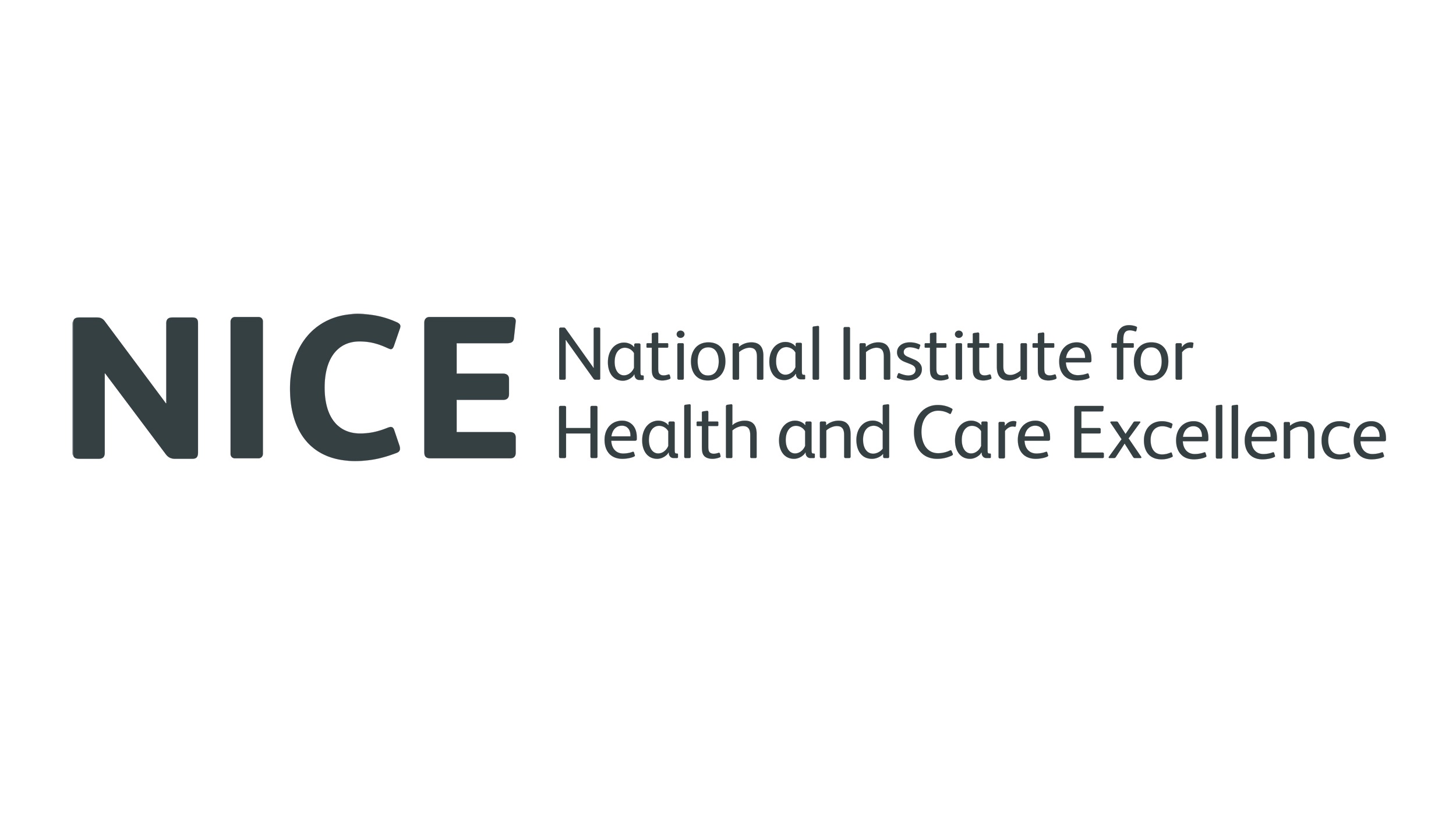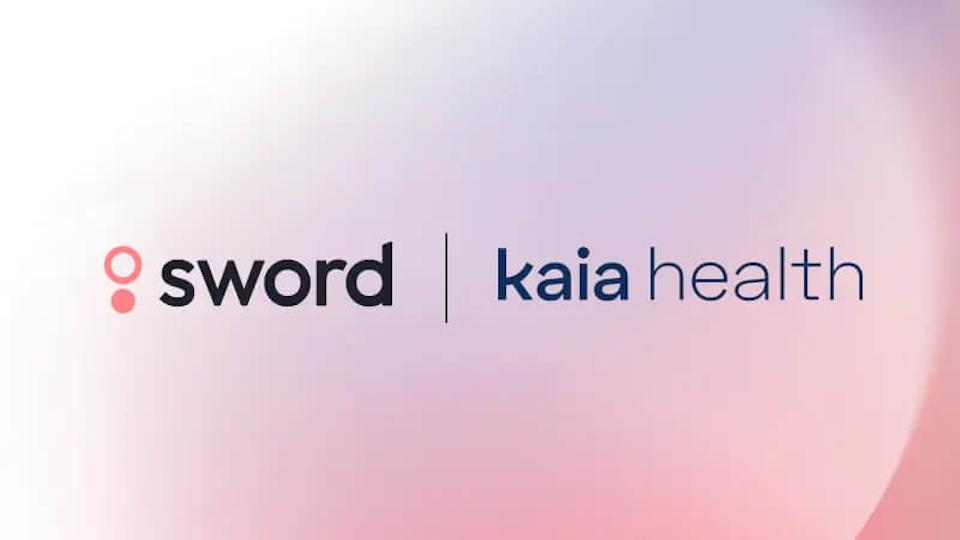NICE proposals could cut wait for specialist treatments and tech

Access to the latest technologies and treatments in the UK could be much quicker, thanks to new proposals put forward by NICE and NHS England.
Announced at the beginning of a 12-week consultation period between drug regulator NICE and commissioning body NHS England, new changes to NICE’s Technology Appraisal (TA) and Highly Specialised Technologies (HST) programmes could result in patients benefiting from new treatments nearly three months faster than current waiting times.
Included in the new proposals is a new ‘fast track’ approval process for innovative technologies with a cost of up to £10,000 per quality adjusted life year (QALY). Not only will this mean that those technologies with a particularly good value for money will be evaluated quicker by NICE, but those approved will be funded by NHS England within 30 days rather than the current 90 days.
A new ‘budget impact threshold’ of £20 million has also been proposed to better manage the introduction of new technologies with a particularly high cost into the NHS, as well as to spur dialogue between NHS England and pharmaceutical companies and device makers.
If this threshold is met or exceeded, NHS England and NICE will consider a varied timescale for funding (rather than the standard 90 day period) to better ensure funds can be secured.
“We want to be more agile and flexible in the way we make decisions about new drugs, medical devices and diagnostics, so that patients can get access to them more quickly and the NHS can manage its resources fairly and efficiently,” said Sir Andrew Dillon, NICE chief executive.
“The pace and scale of innovation in the NHS require NICE and NHS England to collaborate closely to ensure patients are benefiting from faster access to the most cost effective treatments. By further streamlining our processes we will ensure treatments that clearly offer exceptional value for money will be available to the patients who need them faster than ever before.”
A further proposal will see the automatic funding of highly specialised treatments for very rare conditions with a cost of up to £100,000 per QALY – five times higher than NICE’s current funding limit. The proposal would also put in place a cost-effectiveness model for its HST programme which currently does not exist.
Dr Jonathan Fielden, NHS England’s director of Specialised Commissioning and Deputy National Medical Director, praised the new changes to highly specialised treatment funding, stating that he believes they “provide clarity, for the first time, that the NHS is prepared to pay far more for effective highly specialised treatments appraised by NICE.
“These treatments, for patients with very rare conditions, will now qualify for automatic funding at a level that is five times higher than NICE’s current limit. On top of this there will also be the added flexibility to negotiate with drug companies on those technologies which are cost effective but have a heftier price tag."
The consultation document is publicly available until January 13.











